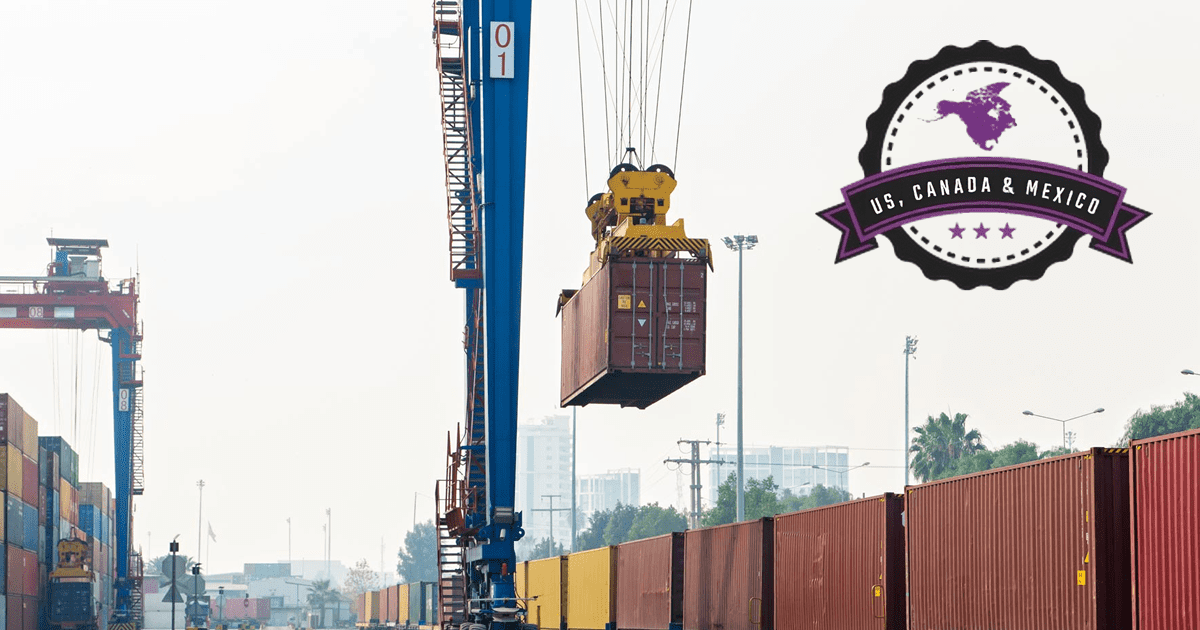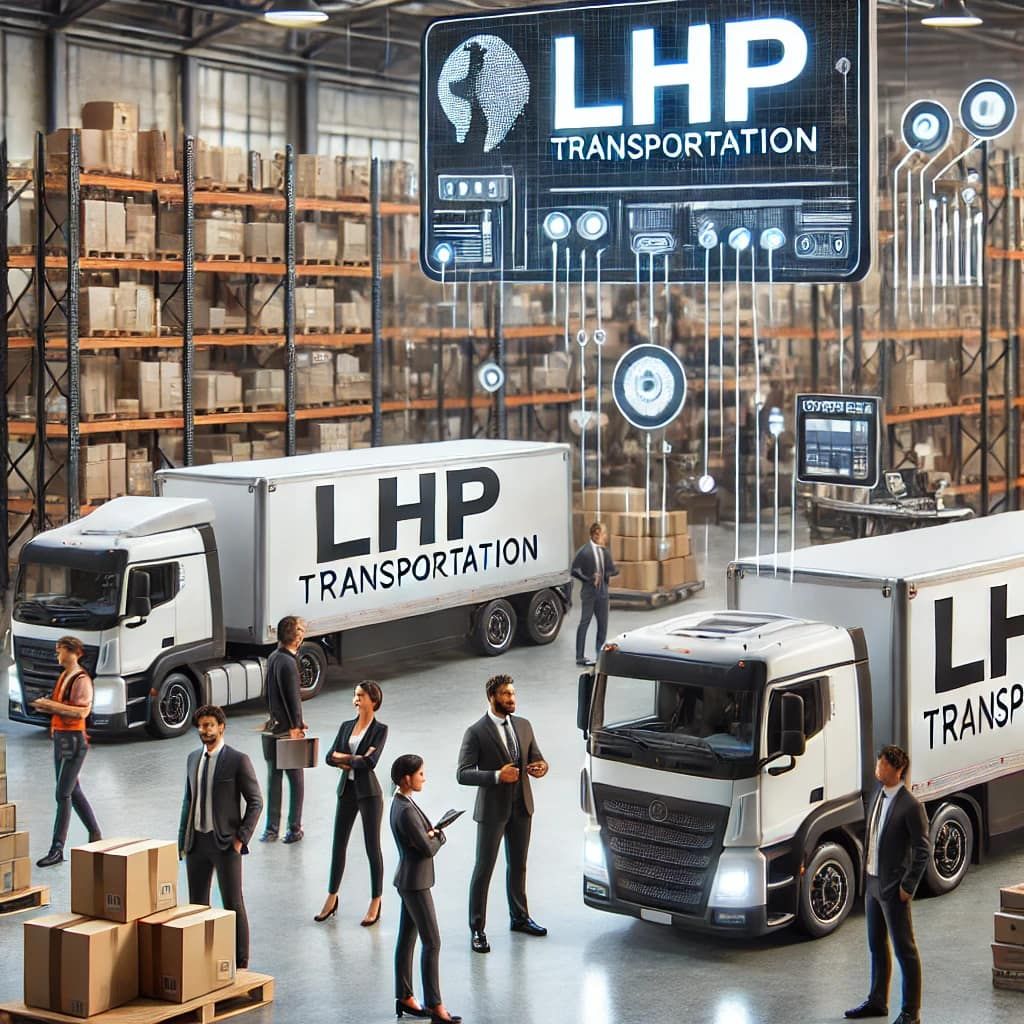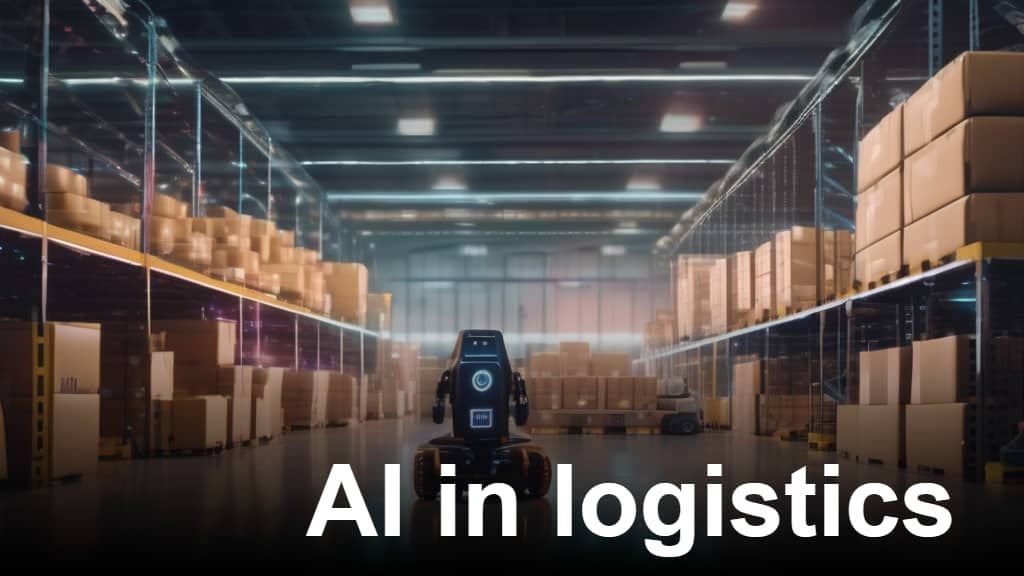Harnessing AI in Logistics: A Path to Innovation and New Challenges
In the fast-paced world of logistics, artificial intelligence (AI), particularly generative AI (GAI), is emerging as a game-changer. Unlike the linear notion often associated with supply chains, logistics is a complex network of interrelated variables. Here, GAI is not just a technological marvel but a practical tool for enhancing resilience in supply chains.
The logistics industry is a treasure trove of data, from route selection to inventory levels. GAI’s prowess lies in its ability to process and optimize this data, transcending human capabilities. This optimization isn’t limited to efficiency alone; it also encompasses environmental and cost considerations, ensuring sustainable and economical operations.
However, this technological revolution, reminiscent of the Industrial Revolution in its scale and impact, brings its own set of challenges. Ethical concerns, particularly around labor and data privacy, are at the forefront. The industry must navigate these challenges, balancing technological advancement with the protection of private and proprietary information.
The response to AI in logistics isn’t just a matter of technological adoption but also a cultural shift. It requires educating and adapting the workforce, ensuring a smooth transition in an evolving job landscape. Moreover, this shift isn’t just an individual endeavor but a collective one. The industry needs to forge a cooperative approach, establishing governance frameworks to address privacy, labor, and other emerging issues.
As we stand on the brink of this AI-induced transformation, the logistics industry must prepare not just for the opportunities but also for the challenges it presents. The journey ahead involves a blend of innovation, ethical considerations, and global cooperation, steering the industry towards a future where technology and human ingenuity coalesce to create a more efficient, responsible, and sustainable logistics landscape.

In conclusion, the integration of generative AI (GAI) into the logistics industry holds immense promise for revolutionizing supply chains, making them more efficient, sustainable, and cost-effective. However, this technological leap also brings with it a set of critical challenges, particularly in the realms of ethics, labor, and data privacy.
To successfully navigate this transformative journey, the logistics sector must embrace not only the adoption of AI but also a cultural shift. This involves educating and upskilling the workforce to adapt to evolving job roles and responsibilities. Furthermore, it demands a collective effort to establish governance frameworks that address the ethical and privacy concerns associated with AI implementation.
The future of logistics lies at the intersection of technology and human ingenuity. By fostering innovation, embracing ethical considerations, and fostering global cooperation, the industry can strive towards a more efficient, responsible, and sustainable logistics landscape, ensuring that AI becomes a driving force for positive change in the logistics world.








